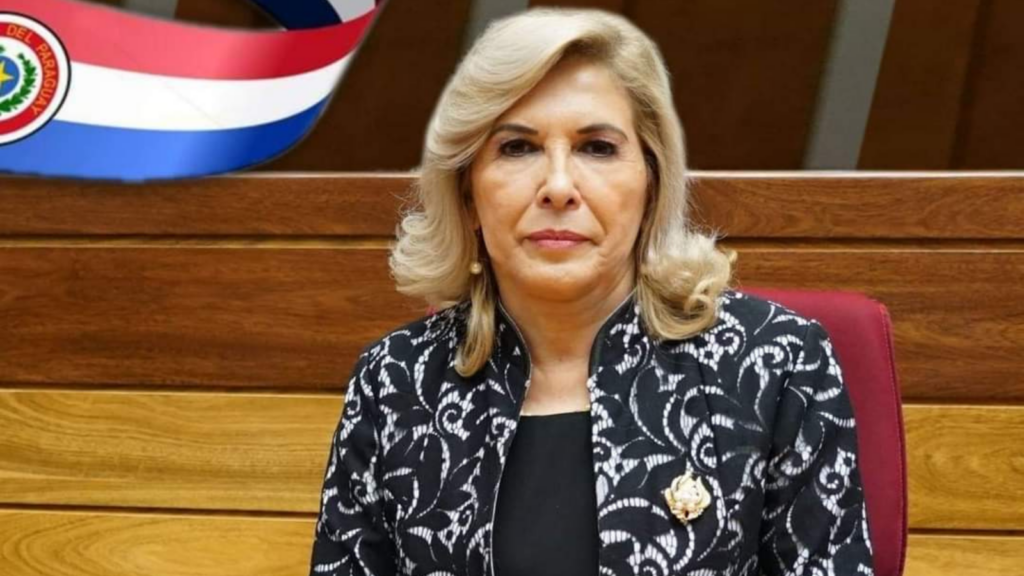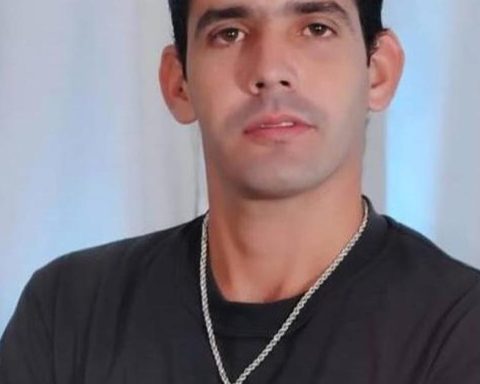Santiago, Chile | AFP | The leftist Gabriel Boric is at 36 years old the youngest president of Chile and comes to power with a feminist, environmentalist, millennial and moderate codes rhetoric, in a country that seeks a new social pact.
An avid reader, a fan of poetry in the country of Gabriela Mistral and Pablo Neruda, he does not hesitate to defend the world pop star Taylor Swift on his social networks, not to mention the future of the planet and social justice with former Uruguayan president José “Pepe” Mujica.
“If Chile was the cradle of neoliberalism in Latin America, it will also be its tomb,” he said in July of last year when he was proclaimed as a presidential candidate in the group Approve Dignidad together with the Communist Party. Since then, his speech has been toned down.
“We don’t have a single model” to follow, he told AFP before the first presidential round in November. His social welfare references go through the Scandinavian countries, Uruguay or New Zealand.
Boric distanced himself from leaders of the Latin American left who defend it from dogma and distanced himself from Bolivarian governments.
“Venezuela is an experience that has failed and the main demonstration is the six million Venezuelans in diaspora,” he said in January. He also repudiated the Russian invasion of Ukraine and the repression of opponents in Nicaragua.
Along these lines, he invited the Nicaraguan writers Sergio Ramírez and Gioconda Belli, the Colombian presidential candidate Gustavo Petro and the president of the Grandmothers of Plaza de Mayo, Estela de Carlotto, to his inauguration.
When he takes off his political outfit, he is just any student who goes out with his girlfriend, Irina Karamanos, and friends to have a few beers or eat his favorite sandwich, wearing a t-shirt with a combative slogan, shorts and ankle boots that give him a rocker air. this fan of the metal band Tool.
This is how he remembers the bearded and disheveled young man who led the Federation of Students of the University of Chile (FECH) and who in 2014, when he was 27 years old, assumed a first term as deputy.
– Signals –
The former student leader, yet to graduate in Law at the University of Chile, moderated his tone with symbolic signs since his victory on December 19 when he defeated far-right José Antonio Kast with 56% of the vote.
He decided to live in a 1929 mansion in the Yungay neighborhood, an area with a glorious but abandoned past where working-class and lower-class Chileans, overcrowded immigrants, and some young people who seek to revive this heritage area live together with pride near the presidential palace of La Moneda.
He promised to lead a “feminist government” and appointed 14 ministers in 24 portfolios, including Interior, Foreign Ministry, Justice and Human Rights.
He also promised to give greater political weight to the Ministry of Women and Gender Equity.
His parents, Luis Boric and María Soledad Font, support him from their family home in Punta Arenas, 3,000 km south of Santiago. His mother was never convinced of his political adventure.
“I realized that for Gabriel this was an apostolate and I stopped fighting. This for me is stepping on stones all the time; I wanted a more comfortable, more classical life (for him),” he told AFP two days before his son became president-elect of Chile.
Boric was born in that city into a Christian Democrat family, and from a very young age he questioned the neoliberal model implemented during the dictatorship of Augusto Pinochet (1973-1990).
The Constitutional Convention that Boric supports without fissures debates a new Constitution that replaces the current one, indicated as the origin of inequalities.
In the Chamber of Deputies, the Approve Dignity coalition barely has 24% of the 155 deputies, the left is the majority but not enough to legislate on their own. In the Senate the forces are distributed 50%.
– Citizen proximity –
Boric aroused empathy and a lot of hope among his followers, who since his election seek to approach him, touch him, send him messages of support, something atypical in Chilean society.
His right-wing detractors and businessmen accuse Boric of having refoundational ideas, while the more leftist warn that with his little political experience he will be soft and moderate for the structural changes they expect.
“Well, one cannot do less than congratulate the Socialist Party. What a way to win by losing,” launched the constituent of the Communist Party, Hugo Gutiérrez, annoyed by the composition of a cabinet that is diverse in age, with a majority of women, but that in his opinion trial gave too many portfolios to socialist representatives of the former Concertación.
“Let’s be very careful not to idealize anyone, starting with me,” Boric warned in December, when the office he chose for the transition job looked like a popular pilgrimage site. He then emphasized that both he and his team are “human beings (…) exposed to making mistakes.”
He says that he “has much to learn” and wants to draw on the “experience” of former presidents that he criticized in the past, including the socialists Ricardo Lagos (2000-2006) and Michelle Bachelet (2006-2010; 2014-2018). Both gave him a boost and a majority awaits him with a high level of hope for change.











